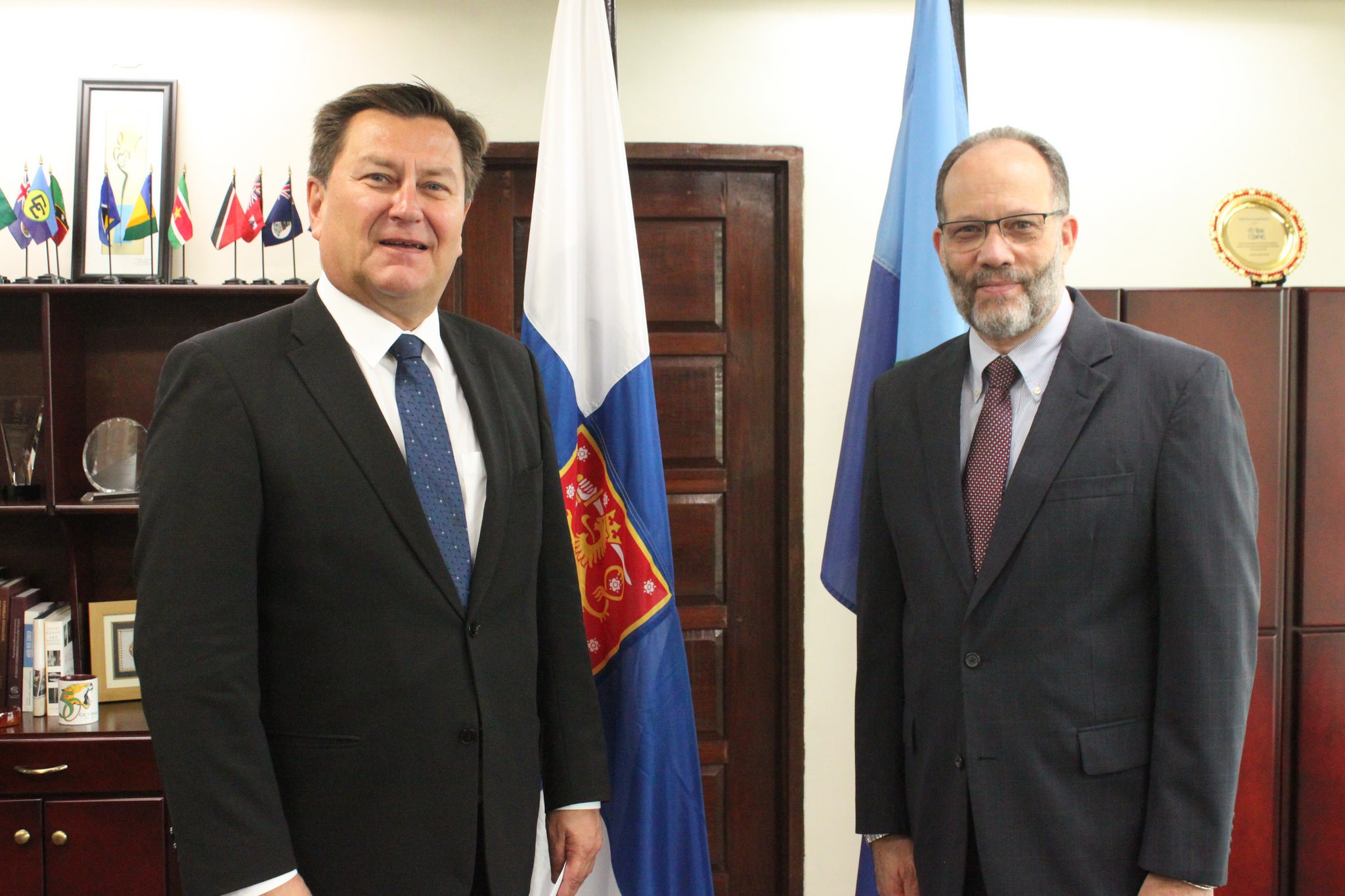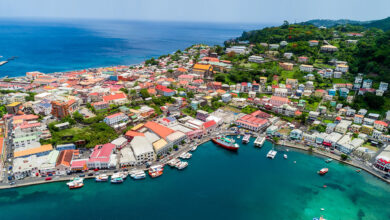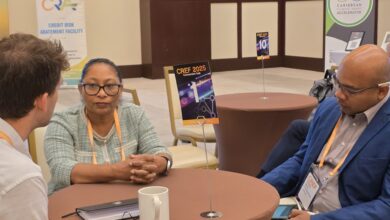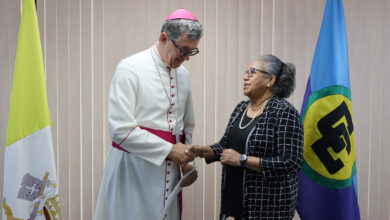The Government of Finland, through its newly accredited envoy to the Caribbean Community (CARICOM), has expressed strong interest in exploring the bio-energy potential in mainland territories of CARICOM. Speaking at the ceremony at the CARICOM Secretariat for the presentation of his Letter of Credence to CARICOM Secretary-General, Ambassador Irwin LaRocque, on Thursday 16 March, 2017, the new Finnish Ambassador, His Excellency Kukka Pietikaine said his country wanted to continue cooperation in renewable energy technologies. He said forest-based bio-energy has a central role in Finland’s economy, with 80 per cent of its renewable energy coming from forest biomass. Indicating that CARICOM and Finland “should take a closer look” at the region’s bio-energy potential, he said that Finland was one of the global leaders in waste-to-energy solutions and a forerunner in bio-fuel technologies. Another interesting field of cooperation between CARICOM and Finland, he said, could be the development of wave energy, with Finland also possessing “first class technologies in this field,” adding, “a preliminary wave energy assessment would be the first step for the development of the blue energy resources.” CARICOM and Finland formalised diplomatic relations in 2009. Finland became one of the first non-hemispheric donors to the CARICOM Development Fund, which was ratified in 2008 to provide financial or technical assistance to the disadvantaged countries, regions and sectors. Its contribution to regional development has also been through support in education, sustainable energy, sea governance, and meteorology. In the area of meteorology the Ambassador said Finland had been cooperating with the Region over 15 years beginning with a programme between the Finnish national meteorological institute and the Caribbean Institute for Meteorology. Another phase of a region-wide initiative is expected to begin this year and it will further increase the capacity of national weather centres to analyse severe weather conditions. Secretary-General LaRocque said that the areas of CARICOM-Finland cooperation were all critical to the sustainable development of Member States. He noted that the Memorandum of Understanding on Political Dialogue and Technical Cooperation between CARICOM and countries of the Nordic Region signed in September 2016, symbolised the importance that both sides place on the relationship. He said he looked forward to advancing the Community’s cooperation with Finland around the priority areas identified in the MOU, as well as in international fora. He told the new Finnish Ambassador that an ever-present issue in CARICOM’s diplomatic advocacy was adequate access to the necessary development funding to finance development efforts, including the Sustainable Development Goals (SDGs). As the global landscape became increasingly uncertain, CARICOM Member States continued to grapple with challenges to their best efforts to advance socio-economic interests of the Region. Therefore, global agreements which speak to sustainable development took on a special significance for the Region, largely made up of Small-Island and Low-Lying Coastal Developing States (SIDS), the Secretary-General stated. He said, “The Caribbean Community firmly believes that GDP per capita should not be the only measure used in determining the development status of a country, and hence its access to concessional financing. CARICOM continues to urge our international development partners to revisit their policies on graduation of SIDS that are categorised as middle-income countries based on the flawed criteria of GDP per capita.”
“Here in CARICOM, we believe that criteria such as the degree of vulnerability, including exposure to natural disasters and other exogenous shocks inherent to our Member States, can facilitate a more reliable and accurate measure of a country’s developmental progress. Already, there are global partners who have demonstrated a willingness to take that reality into account,” he added.
He also apprised the new Finnish Ambassador of CARICOM’s concerns regarding some Members of the European Union which had categorised some CARICOM Member States as non-cooperative tax jurisdictions, despite the fact that those countries were not so designated by the relevant global regulatory authorities.
“CARICOM remains steadfast in its efforts to protect the integrity of its financial system by ensuring compliance with relevant global standards. The global regulatory bodies have determined that CARICOM Member States are compliant with the international standards set for regulating the financial services sector. We request that that standard be accepted by all as the basis of assessing our compliance,” Secretary-General LaRocque said, and pointed out that the blacklisting of some CARICOM jurisdictions had precipitated the “de-risking” strategies employed some international banks. The result had been withdrawal of correspondent banking relationships, he told the new Ambassador. “This particularly affects our indigenous banks and other financial services entities and could lead to the disconnection of our small economies from the global economy. Its socio-economic impact would be disastrous, given that remittances which are the main source of income for many of our poorest citizens will be affected,” Mr. LaRocque said.
After the accreditation Secretary-General LaRocque and the Ambassador engaged in wide ranging discussions including on the post-Cotonou Agreement relations between the African Caribbean Pacific Group of States (ACP) and the European Union (EU). The Secretary-General indicated that the ACP was an excellent platform for the EU to interact with a large group of developing countries. Among other topics were renewable energy and the challenges posed by de-risking and the listing of countries as non-cooperative tax jurisdictions.






